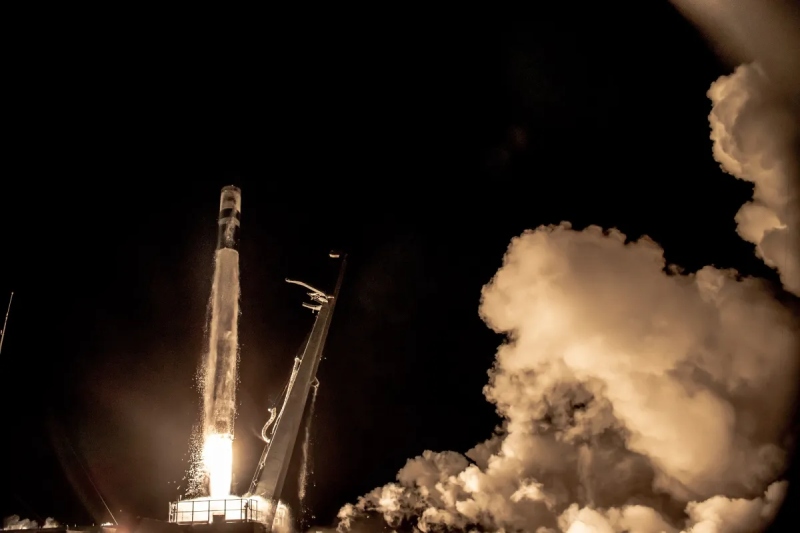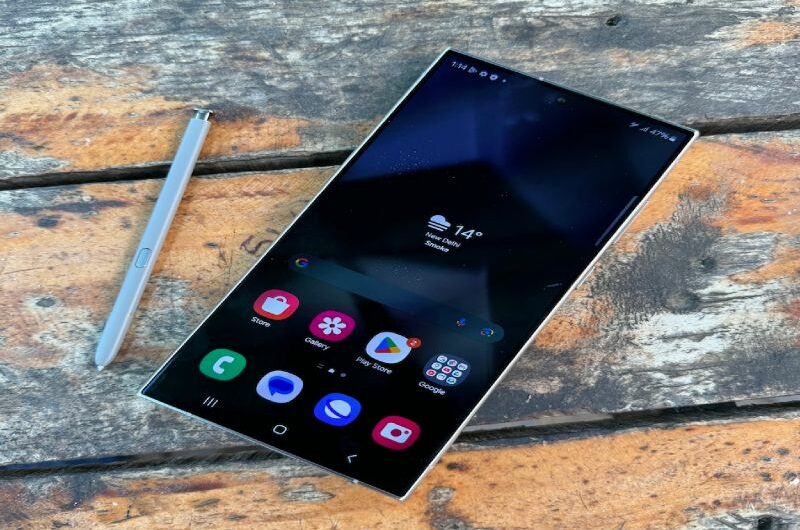On a mission to study methods for removing space trash, a small satellite launched on Sunday/Monday will examine a lost rocket body in orbit. At 3:52 a.m. NZDT (9:52 a.m. EST / 1452 UTC), the satellite manufactured by Japan-based Astroscale was launched from the Mahia Peninsula in New Zealand atop a Rocket Lab Electron.
Launched in January 2009, the H-2A rocket expended upper stage will be approached and observed by the Active Debris Removal by Astroscale-Japan satellite, or ADRAS-J. It is a component of the Commercial Removal of Debris Demonstration program run by the Japanese Space Agency (JAXA) and is intended to set the groundwork for a potential 2026 rocket stage deorbit mission. As of right now, no contract has been given for this program’s second phase.
After two firings of the Curie kick stage of the Electron to precisely position the spacecraft on course for its rendezvous in space, ADRAS-J was deployed 64 minutes into the voyage.
“100% mission success,” Rocket Lab CEO Peter Beck wrote in a social media post. “Big day for the GNC [Guidance Navigation and Control] team with perfect argument of perigee targeting.”
The mission, code-named “On Closer Inspection,” was Rocket Lab’s second flight of 2024 and the 44th Electron launch overall.
In order to accomplish the rendezvous, the ADRAS-J spacecraft will first use data from ground-based observations to get closer to the abandoned rocket body. LiDAR sensors and visible and infrared cameras are included. When it gets close, it will evaluate the rocket body’s state and determine how much of it may be falling. It won’t try to grab hold of the rocket; instead, it will circle the upper stage and get near.
The H-2A upper stage, which has a mass of three tonnes, dimensions of eleven meters by four meters, and an inclination of 98.2 degrees to the equator, is presently in a 622 by 557 mile orbit.
“Taking images in space might sound easy, but doing it with an unprepared object that does not provide any location data on its own and it’s moving at approximately 7.5 kilometers per second is extremely hard,” said Nobu Okada, founder and CEO of Astroscale. “In fact, this kind of operation is one of the most challenging capabilities necessary for on orbit services.”
With the intention of providing on-orbit maintenance and space debris cleanup services, Astroscale was established in 2013. With subsidiaries in Israel, the United States, France, and the United Kingdom, it is headquartered in Japan.
Topics #Electron Rocket #Rocket Laboratory #Space Junk










